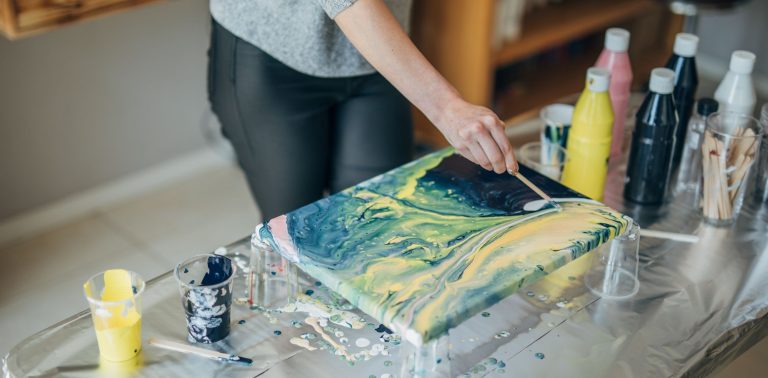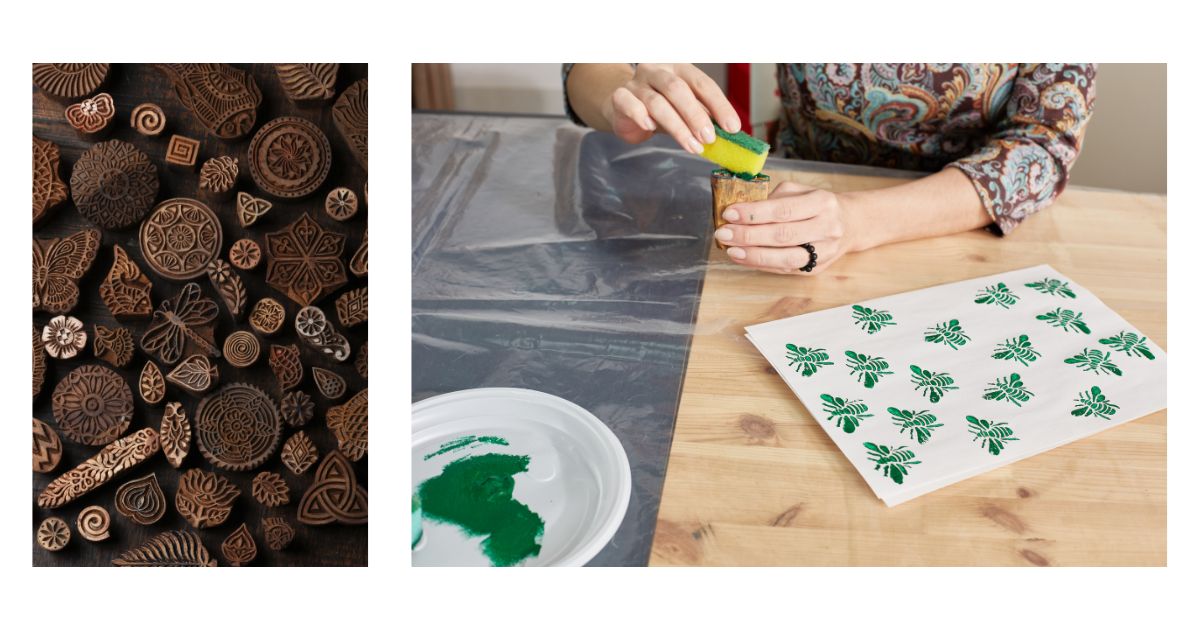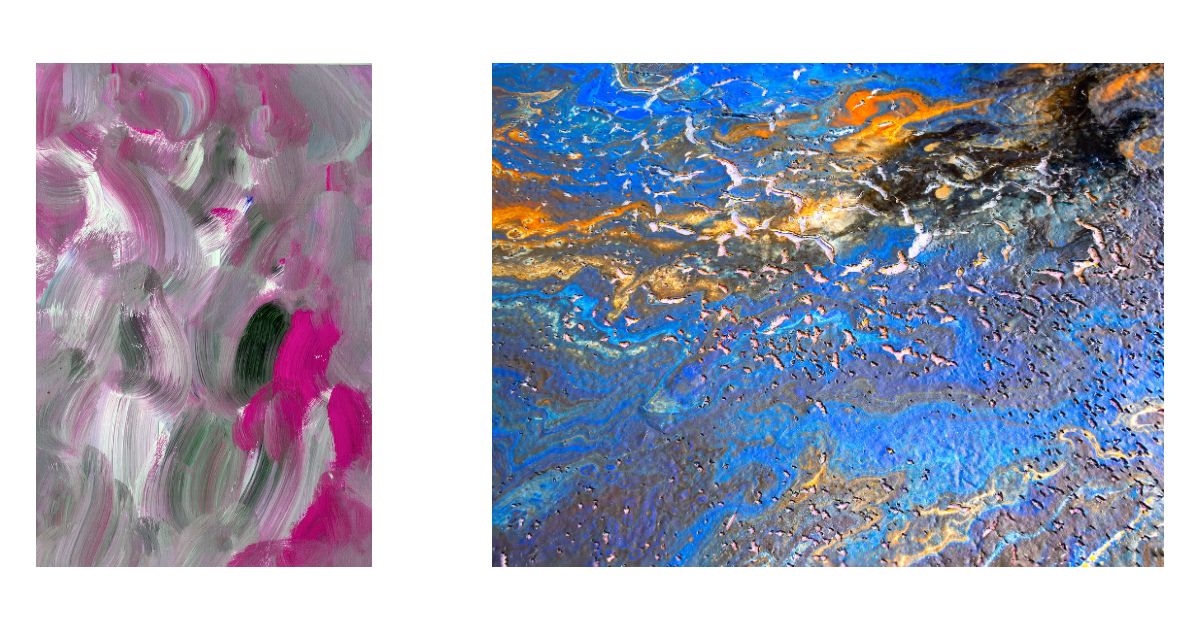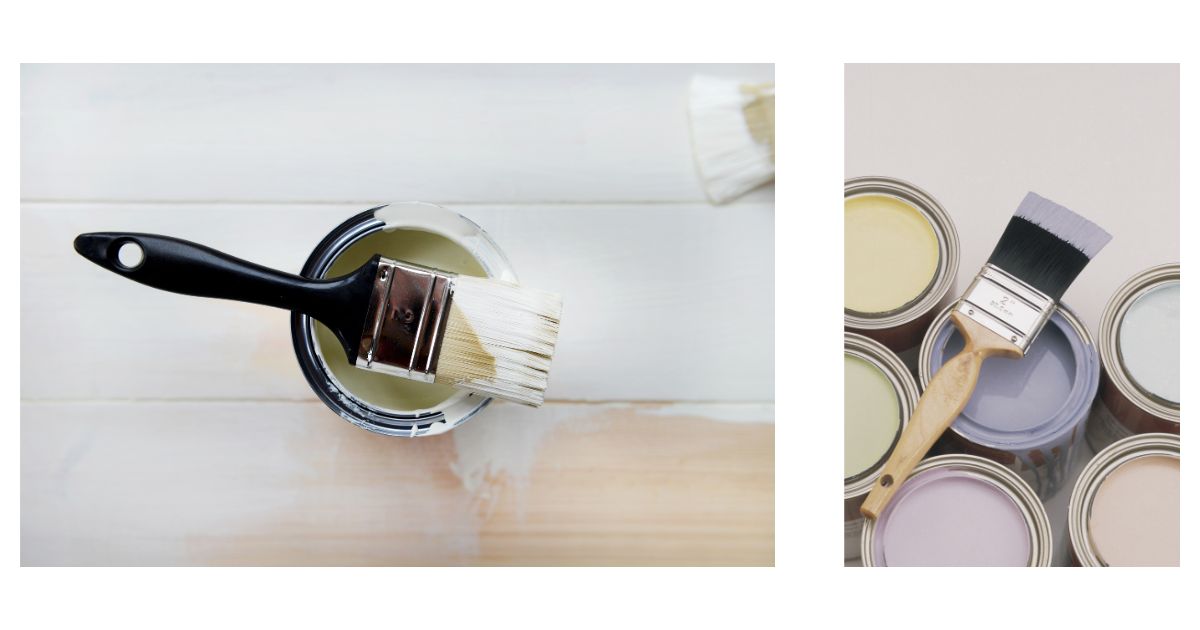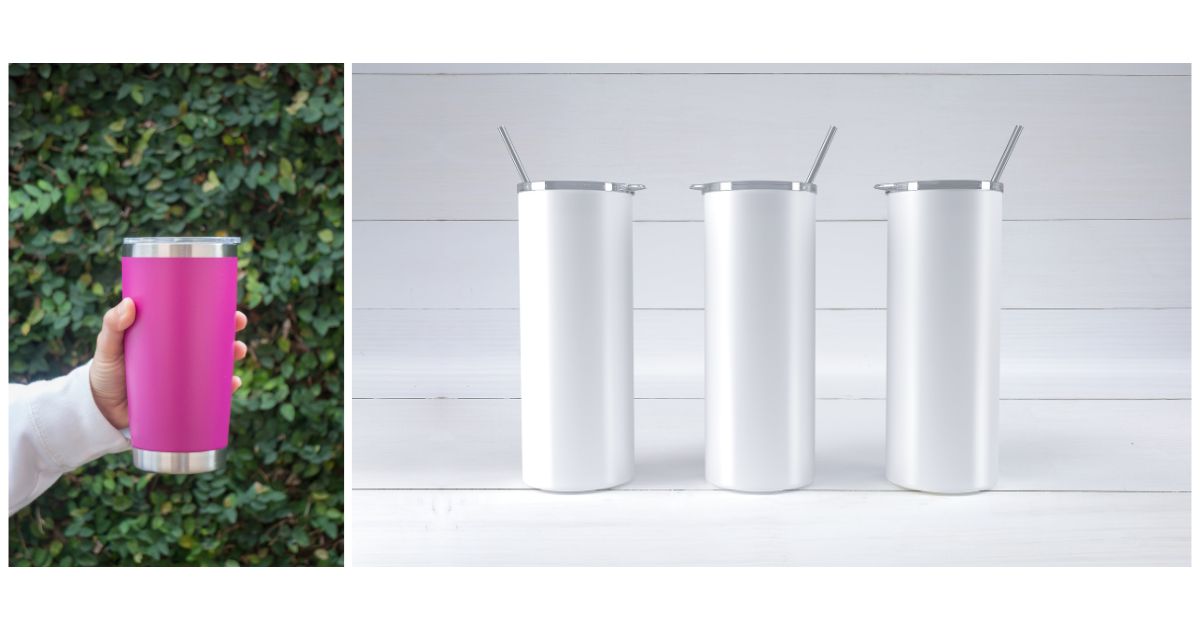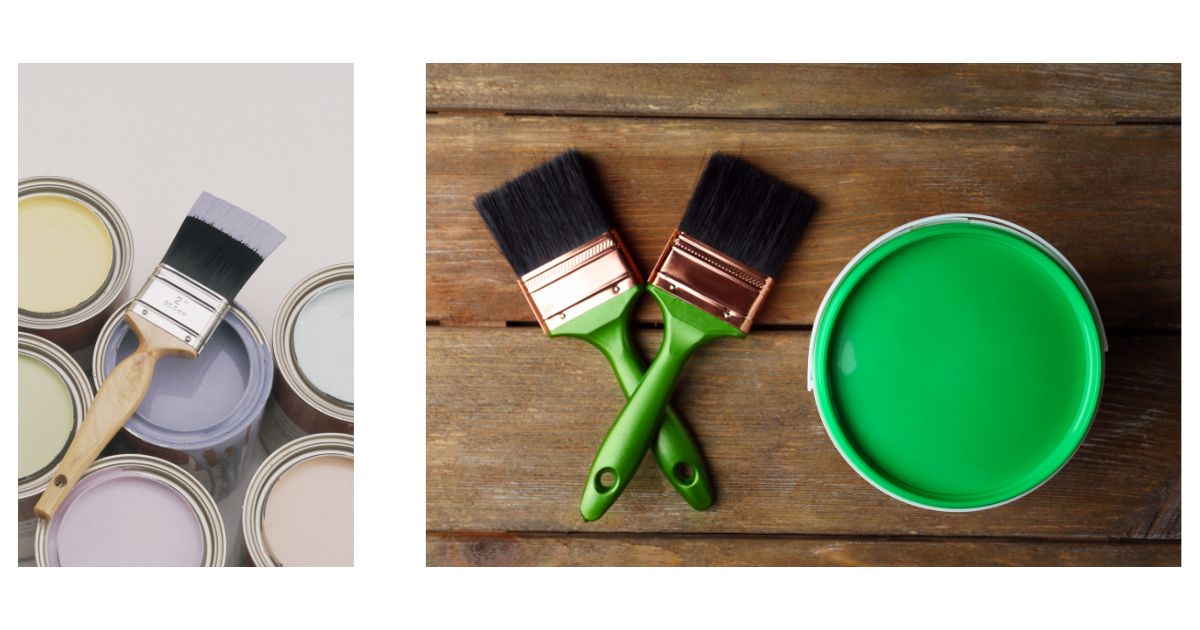Acrylic Painting is a popular medium for artists of all levels, but it can be tricky to keep your painting looking fresh and new. If you’re looking for ways to seal your acrylic painting, so it lasts longer, read on for some ideas. One option is to use a spray sealant. This will help protect the paint from fading and dusting and can also be used to add a glossy sheen.
Another option is to use a matte sealant. This type of sealant will help keep the paint looking matte, giving your painting a more sophisticated appearance.
Finally, you could also use a protective varnish. This will help keep the paint from cracking or peeling and can also be used to protect against light damage.
What Is Acrylic Paint and Why Should It Be Sealed?
Acrylic paint is a type of paint that is made from a polymer, acrylic acid. Acrylics are often used because they are water-soluble, meaning they can be cleaned up with water if they get on your clothes or skin. However, acrylic paint can also be very brittle and easily crack if not properly sealed.
You can do a few things to help protect your acrylic paintings from the elements and damage. One way to seal your paintings is to use a matte varnish. Matte varnishes provide a protective coating that helps to keep the painting looking glossy and new for years to come.
Another way to protect your paintings is to use a clear gloss sealant. Clear gloss sealants provide an instant protective barrier that will reduce the chance of your painting cracking or fading in direct sunlight exposure.
What Is Included in A Good Acrylic Primer and What Are the Benefits?
There are a few different types of acrylic primers on the market, and each has its benefits. Many primers include ingredients like alkyd resins or waxes, which help to seal the paint and protect it from UV rays. Primers can also make the painting easier to handle and less likely to crack or peel.
Some artists recommend using a primer before every painting session. In contrast, others say that it’s unnecessary unless the painting is exposed to harsh sunlight or weather conditions. Ultimately, it’s up to the artist to decide whether or not a primer is necessary.
What Are the Most Common Types of Acrylic Sealers and What Are Their Benefits?
Acrylics are a type of painting that is made using a water-based medium. Acrylics are non-toxic and can be used on various surfaces, including canvas, wood, and metal. Acrylics can also be used to create three-dimensional paintings.
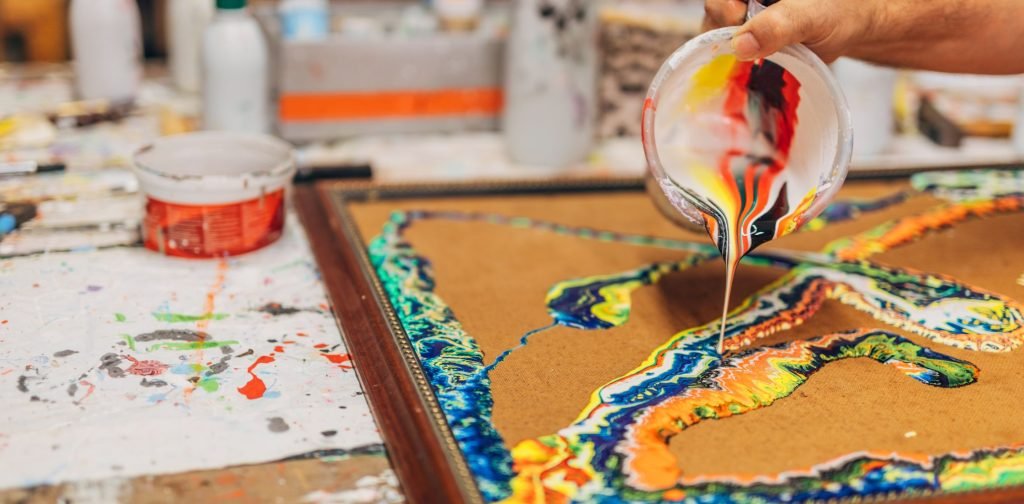
Sealers are often used with acrylic paintings to protect the paint from moisture and dust. A variety of sealers are available, and each has its benefits. Some of the most common types of sealers for acrylic paintings include varnishes, lacquers, and enamels. Varnishes are the most common type of sealer for acrylic paintings. They are thin films that protect the paint from water and dust. Varnishes also provide a glossy finish to the painting.
Lacquers are another type of sealer that is often used with acrylic paintings. Lacquers are thick films that protect the paint from water and dust. Lacquers also provide a more durable finish than varnishes. Enamels are a type of sealer often used with acrylics to create a metallic look in the painting.
Tips For Applying the Different Types of Acrylic Sealers
There are many types of acrylic sealers, each with unique properties and advantages. Here are some tips for applying each type of sealer:
Polyurethane Top Coat: This type of sealer is best for paintings displayed outside, as it provides a durable finish that resists fading and water damage. To apply the sealer, start by washing the painting with mild soap and water.
Then, dry the painting completely before applying the top coat. To apply the top coat:
- Start by spraying a light mist onto the surface of the painting from a distance of about 2 feet.
- Work your way up close to the painting, spraying more often as needed until you have covered the entire surface.
- Use a sparing hand when applying the top coat; too much will create a hard and shiny finish.
- Allow the painting to dry completely before using.
Acrylic Sealant: This type of sealer is best for paintings displayed indoors or in low-light conditions. It is also effective for sealing paintings that will not be exposed to direct sunlight or rain. To apply the sealant, start by prepping the painting as described in steps 1-3 of the Polyurethane Top.
Conclusion
There are a few options available if you’re looking for an acrylic sealer that will protect your artwork from water, dust, and other elements. Acrylic sealers can be used on paintings, prints, and even wood pieces. Some popular acrylic sealers include Liquitex’s Acrylic Sealer and Mod Podge’s Fast Dry Acrylic Sealer.
Regardless of which acrylic sealer you choose, always test a small area first to ensure the product will work properly with your artwork. Additionally, be aware of the potential risks of using any sealing agent. Always read the instructions carefully before applying the sealer to your artwork.

